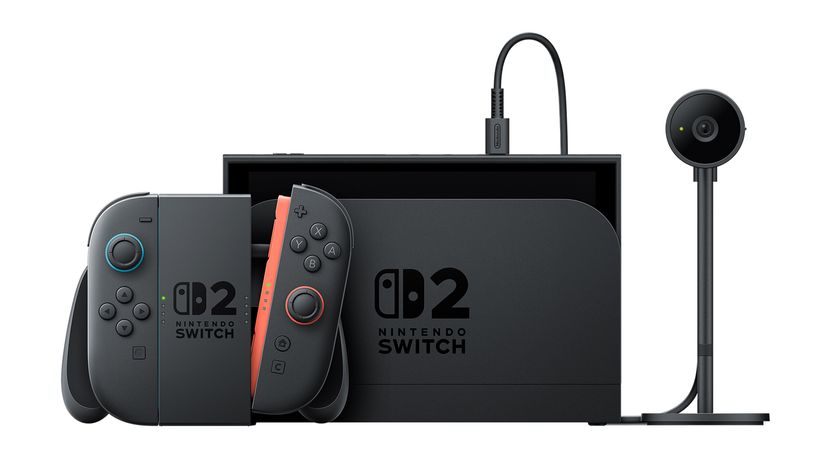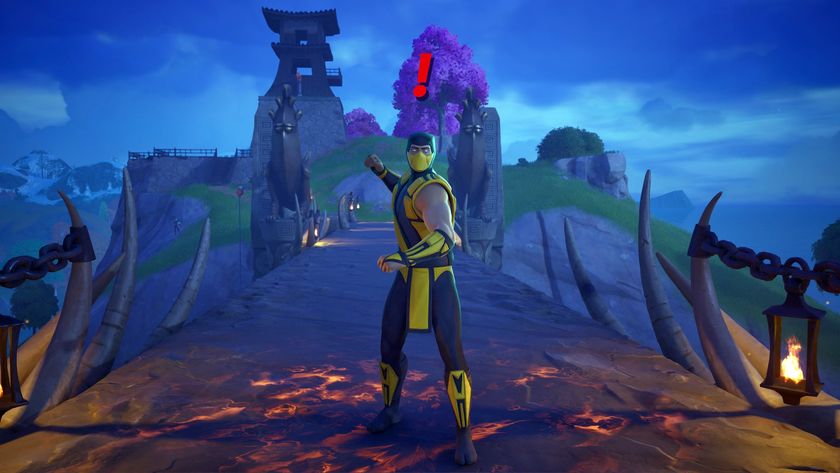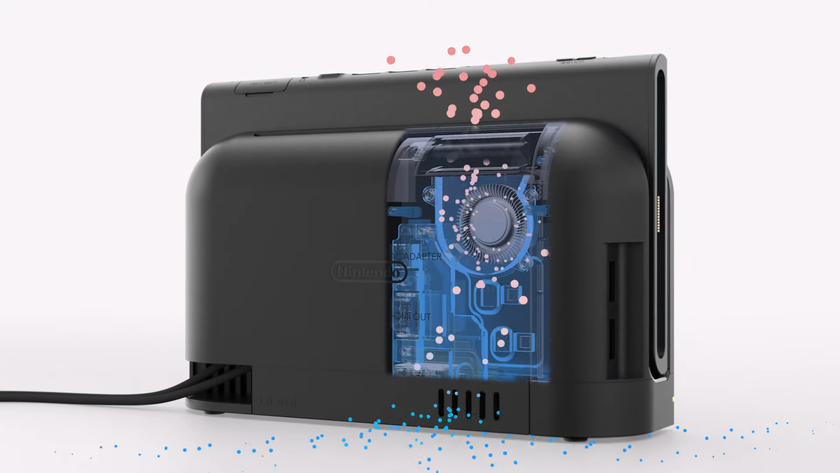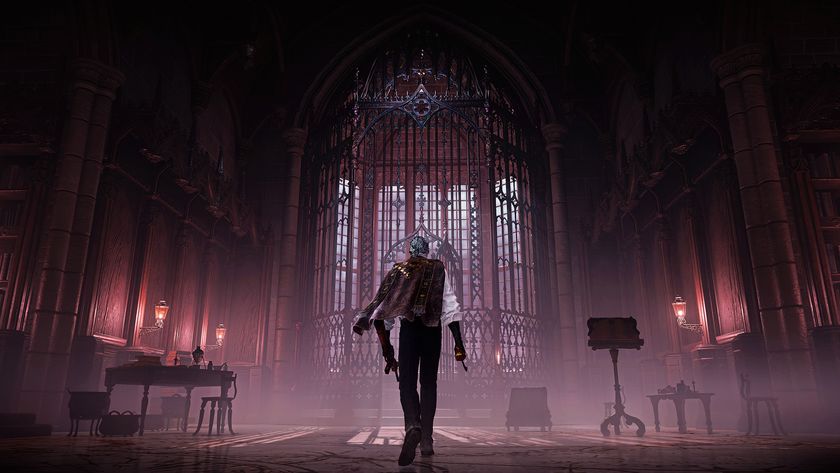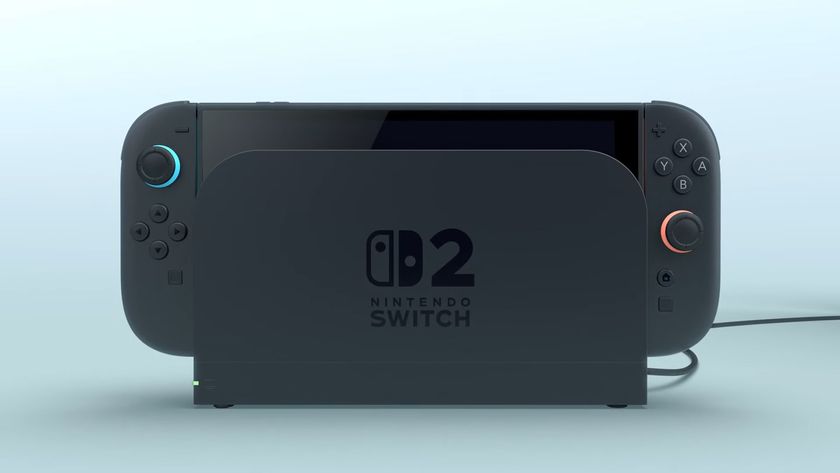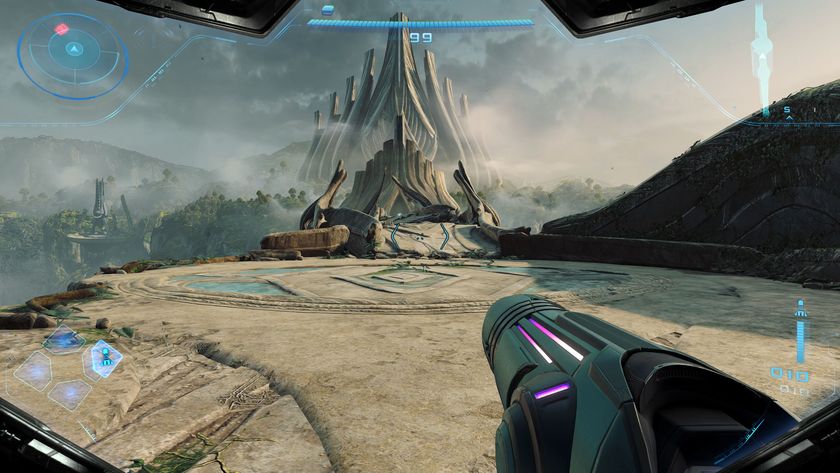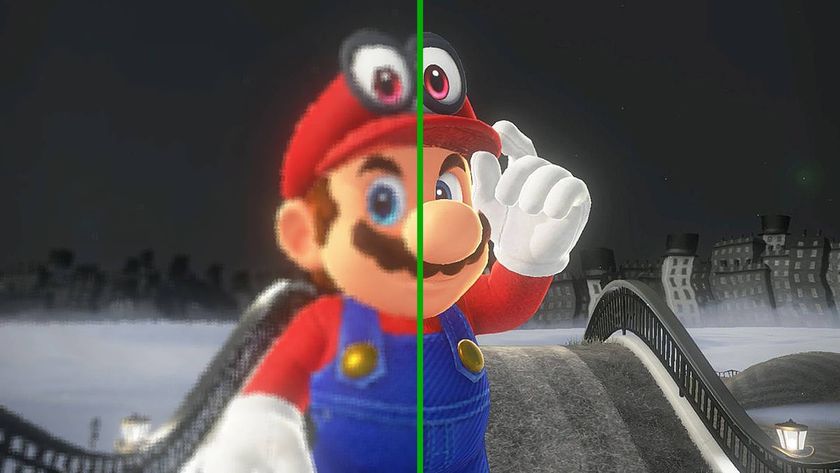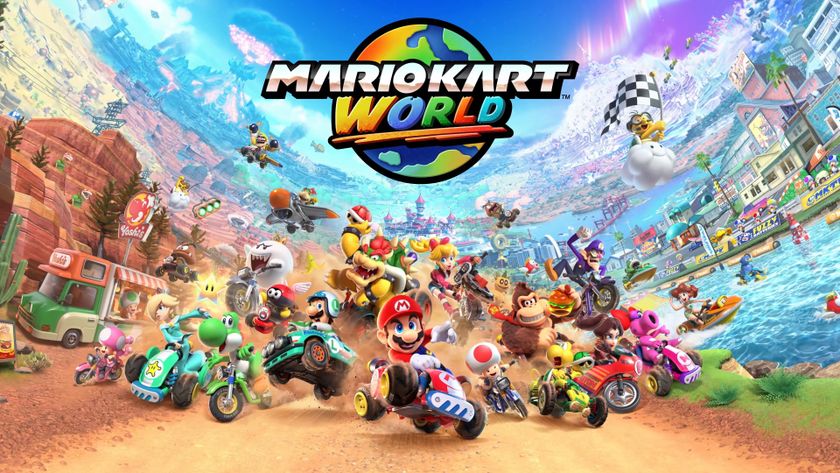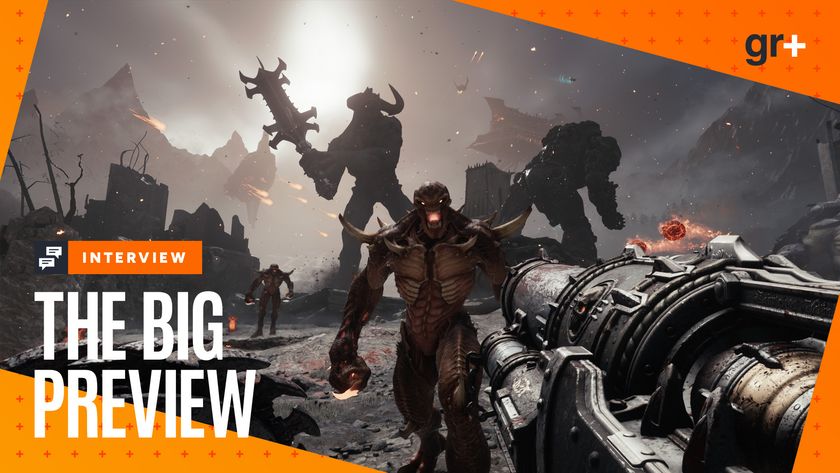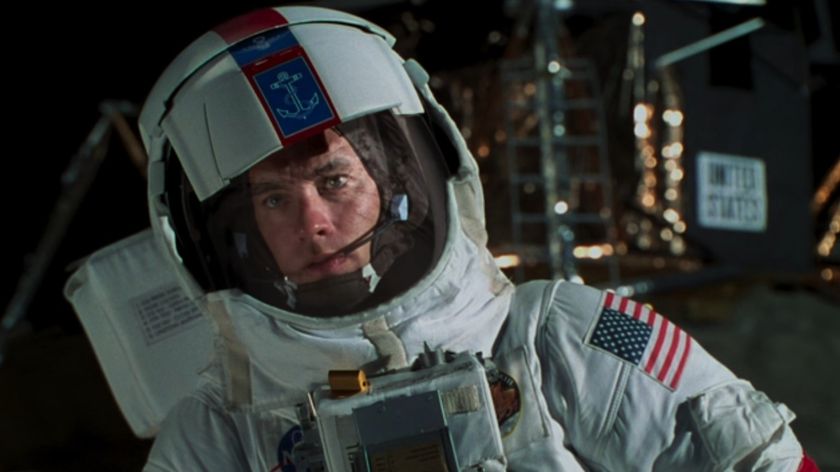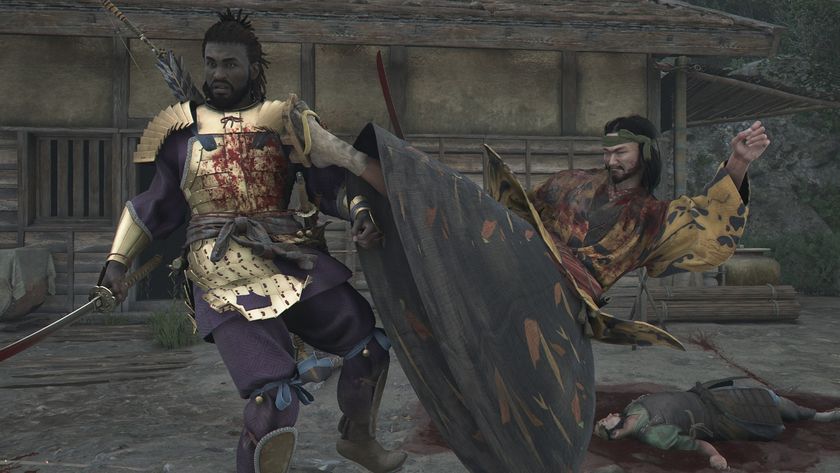The Top 7... Nintendo mistakes
How the videogame giant became the world's favorite underdog
1 - Opening the doors to PlayStation
If there's one moment in time that forever changed the videogame world, it's the day Nintendo stabbed Sony in the back in front of the whole world.
Multimedia isn't much of a buzzword these days, but back in the early '90s, it was everything. Entire libraries could fit on a disc, symphonies could finally sound crystal clear and even educational games could be played all off of one disc. CD-ROM supporters wanted this medium in as many hands as possible, and Nintendo was the best possible way to get it there.
Electronics superstar Philips decided to ally itself with Nintendo and bring a CD attachment to the Super NES. With Nintendo's clout, Philips' CD tech could reach millions in record time. It seemed like a mutually beneficial setup - except for the fact that Nintendo had already signed a contract with Sony in 1988 for pretty much the exact same thing.
This contract had Sony creating a "Play Station" that would feature an SNES cartridge port and a CD slot for new, enhanced games. Problem was, this contract gave Sony complete control over any CD-based games that touched the system, Mario included. Once Nintendo's president, Hiroshi Yamauchi, realized that he would not have the final say on something with Nintendo's name on it, he demanded a solution that put Nintendo back in the saddle. The result was announcing the new partnership with Phillips during the 1991 CES trade show, despite the fact that Sony had just announced the Nintendo-powered Play Station the night before.
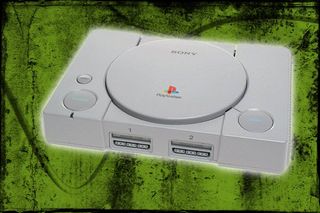
This slap in the face was unheard of for several reasons. First, a Japanese company ditching another for a foreign rival was unspeakable. Second, such blatant disregard for contracts made the company appear like a power-hungry monster, always trying to get its way regardless of who it has to humiliate or crush. Third, how the hell did Yamauchi's signature get on that Sony contract in the first place? Nintendo had made its vast fortune on licensing games, so hearing that it gave Sony the rights to any and all future CD titles was appalling.
Sign up to the 12DOVE Newsletter
Weekly digests, tales from the communities you love, and more
The three giant companies did finally work out a crazy ménage a trios agreement, but wouldn't you know it, the whole deal fell apart. Nintendo went its own way, Philips carried on with its terrible CD-I system and Sony, while briefly considering abandoning the venture altogether, decided to make the Play Station a standalone system that played Sony-branded games. Thus, the PlayStation was born. Nintendo effectively created its own worst enemy.
Sony's CD resources led to the defection of Square, countless exclusives that Nintendo never saw and for the first time ever, a sound beating at retail. Sega's own inept ability to provide gamers with quality products essentially left the whole industry open to Sony's powerful charge. After a bit of back-and-forth in 1995 and 1996, the PlayStation jumped ahead in 1997 and has been on top ever since. It's crushing blitz forever buried Sega and put Nintendo on perpetual defense, a position it never once had to consider.
So now, the publishers and developers of the world had a viable alternative to consider. No more expensive cartridges, no more Sega bumbling its tacky add-ons, no more insane restrictions. Games became part of pop culture, and the PlayStation went on to become one of the best-selling objects in electronics history. If Nintendo had merely tried to rework that original Sony contract (something Sony probably wouldn't have gone for anyway), things could have been much different.
But, after all the ludicrous profits of the '80s, the slow and steady downfall of the '90s, and the gradual regaining of trust and cool factor going on today, the company is poised to be back on top again. The DS, a seemingly mental design decision, turned out to be the clear winner of the current systems. And Wii, well, if the momentum lasts, Nintendo's got nothing to worry about. Let's just hope it remembers its own history and steers clear of any more jerkholish moves.
A fomer Executive Editor at GamesRadar, Brett also contributed content to many other Future gaming publications including Nintendo Power, PC Gamer and Official Xbox Magazine. Brett has worked at Capcom in several senior roles, is an experienced podcaster, and now works as a Senior Manager of Content Communications at PlayStation SIE.

